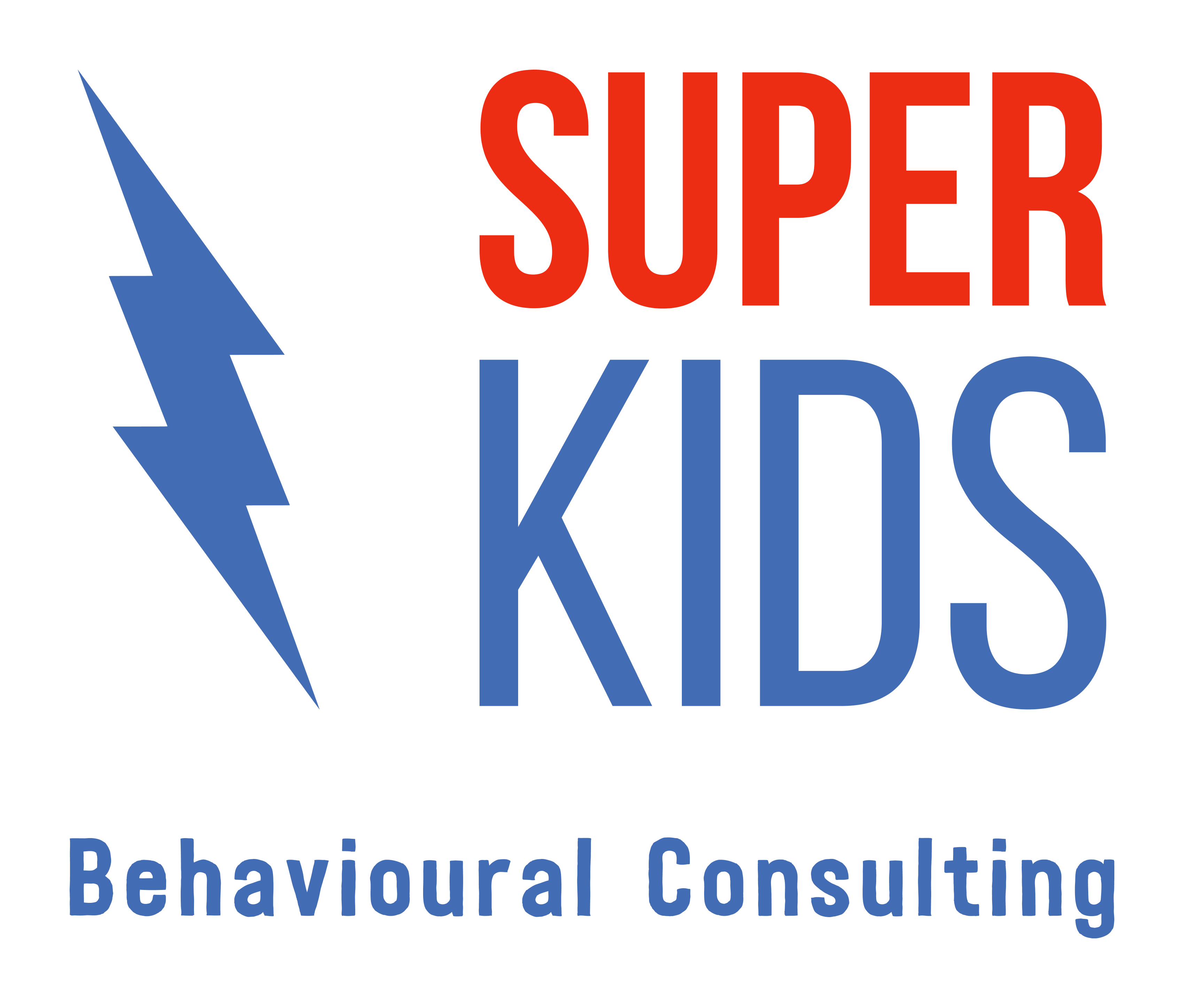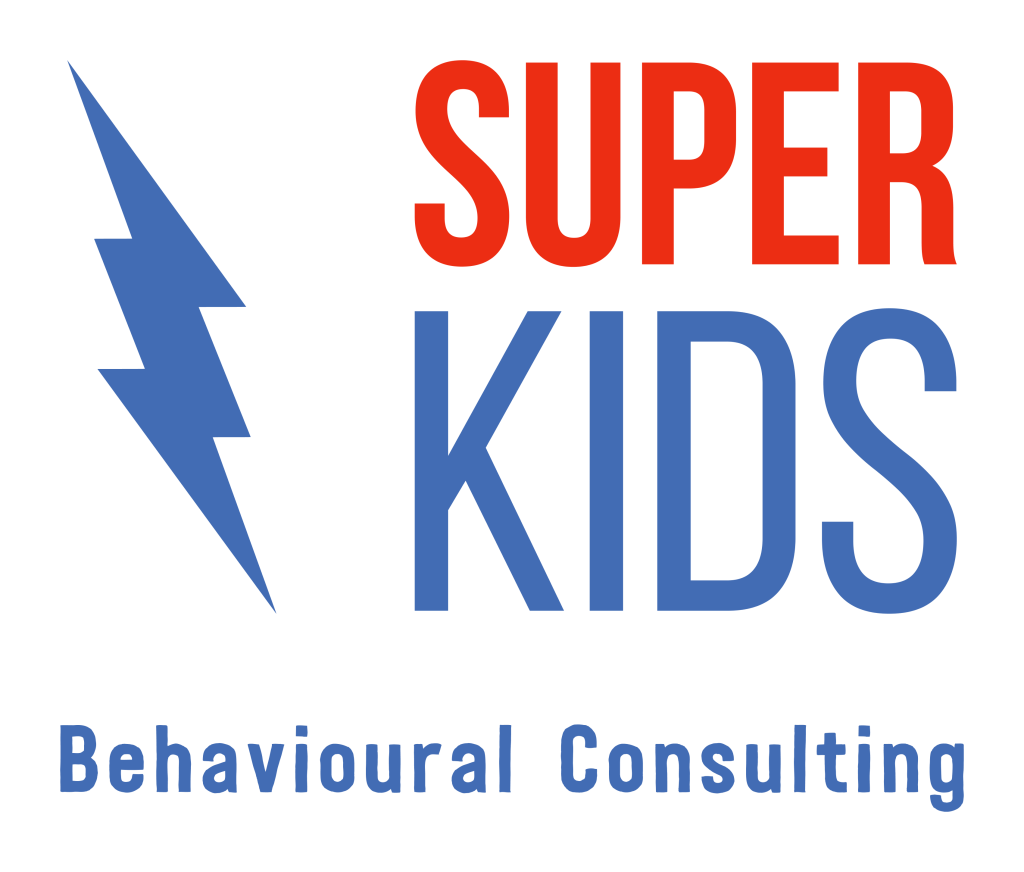Universal Protocols in SBT/PFA: Why Consistency Matters

Renee Collins
Clinical Director

In the realm of Practical Functional Assessment (PFA) and Skills-Based Treatment (SBT), the term ‘Universal Protocols‘ refers to a standardised set of procedures used across diverse contexts and clients. These protocols are not simply convenient checklists, they are essential safeguards that ensure therapeutic integrity, safety, and long-term success. When applied faithfully, universal protocols give practitioners a common language and structure, allowing for both flexibility and fidelity in treatment delivery.
What Are Universal Protocols?
Universal protocols are standard operating practices implemented consistently across all clients receiving PFA/SBT. They typically include procedures for reinforcement delivery, session setup, shaping communication, and responding to problem behaviour. These protocols act as a framework, ensuring that every therapeutic interaction is predictable and reliable, not only for the practitioner but also for the learner.
Why Are They Important?
Dr Greg Hanley stresses that inconsistency is a major risk in behavioural treatment. ‘When teams start to improvise, they start to compromise,’ he warns. Without clear, universal practices, staff may inadvertently introduce mixed signals or fail to reinforce progress consistently. Universal protocols help prevent that. They preserve the trust built in early rapport-building stages and enable systematic progression through treatment phases.
What Universal Protocols Should Include
Based on Hanley’s teachings and current best practices, essential components of universal protocols include:
- Consistent use of synthesised reinforcers
- Standardised prompting hierarchies for communication
- Clear session structure including warm-ups and wind-downs
- Agreed-upon definitions for behaviours (e.g., what constitutes an R1, R2, or R3)
- Explicit escalation and de-escalation strategies
- Clear team roles and a chain of communication
Flexibility Within Fidelity
Critically, Hanley emphasises that universal protocols do not mean rigid scripts. ‘The protocols are standard—the delivery is personal,’ he explains. Practitioners are encouraged to adapt their tone, timing, and relationship-building efforts while still adhering to the core structural elements. This combination of consistency and humanity is what makes SBT effective across a wide range of learners and contexts.
Implementation Tips for Clinicians
If you’re rolling out universal protocols within your organisation, consider these steps:
- Involve the whole team in developing and reviewing protocols
- Conduct regular training and fidelity checks
- Use video modelling to demonstrate proper protocol use
- Reinforce staff who follow protocols with accuracy and empathy
- Collect feedback to adjust practices while preserving their intent
Final Thoughts
Universal protocols serve as the backbone of effective SBT/PFA practice. They allow teams to collaborate seamlessly, learners to feel safe, and treatment to proceed with clarity and confidence. As Hanley puts it, ‘Universal Protocols isn’t about control—it’s about creating a system where everyone knows what to expect and how to succeed.’ For behaviour analysts committed to ethical, person-centred care, standardisation isn’t a constraint, it’s a catalyst for progress.
Super Kids acknowledges each individual’s personal preference to use identity-first or person-first language to describe themselves or their loved one. We interchangeably use both language conventions and therefore refer to both Autistic children and children with Autism.





